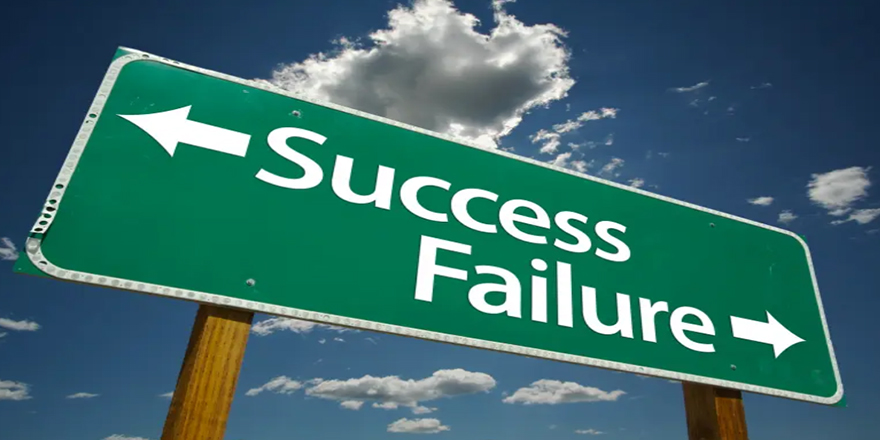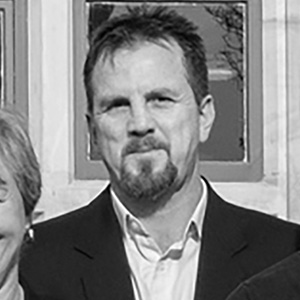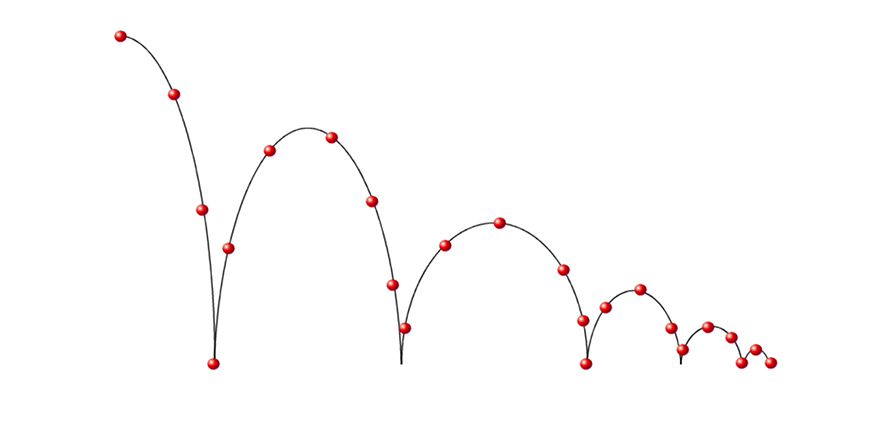
Executive summary
Everybody wants to have the best sales team but not everybody can make it happen. In this current era of pandemics and economic uncertainty, organizations are focused on talent performance and optimization across all teams.
Sales leaders need to understand the new realities of their dynamic selling environment and adopt new tools and management styles that empower their teams to foster an agile-driven culture. The most successful companies think regularly about how to improve teamwork in the workplace because they know they’ll see a return on their investment. They actively work to create the kinds of conditions that promote collaboration.
My aim for this project was to break down the barriers and help create an understanding of ‘‘Why do sales teams succeed or fail?’’ and how organizations can unearth problems and enable their teams to discover the solutions to high performance. My focus was identifying the underlying causes and pitfalls of team dysfunction, investigating, and evaluating the critical components that contribute to high performance. Then offer a strategy to allow the organization to improve the standard of their sales teams.
This research project used a combination of a literature review and thematic analysis as a tool to examine key themes, implications, issues and identify areas of key importance.
What has echoed through the literature review is that there are four fundamental elements as to why teams either succeed or become dysfunctional and fail.
- Leadership – What style of leader you are and the environment and culture you create from the characteristics of your behavior when leading teams.
- How culture always determines success regardless of how effective your strategy may be and the importance of taking the time needed to build a strong foundation at the inception of any sales team.
- Team dynamics, the makeup of skills, knowledge, diversity, and whether the team is unified or harmonized.
- And finally, the ongoing coaching and mentoring required to keep the team functioning at a high level.
The following are the main recommendations that have come out of my findings that offer a strategy to help improve the standard of team performance of any organization.
- The need for ongoing leadership training and continuous mentoring. Great leaders attract, hire, and inspire great people. The benefits are far-reaching for all employees.
- Have a clear organizational purpose. An organization’s values lay the foundation for what the company cares about most and should create a unified why.
- Build an effective onboarding process and hire wisely.
- Involve leaders from all levels in corporate communications and decisions.Multi-way communication is the goal.
- Constantly strive for improvement – A relentless desire to improve and get better is one of the hallmarks of a highly successful sales team.
- Get out of their way and stop micromanaging. Every employee or team member works best when they are given an environment where they are allowed to do things ‘their way’.
Leadership was seen as the most critical component to team success. Effective leaders provide clarity of purpose, motivate, create a safe environment, and guide the organization to realize its mission. Leadership throws a big shadow and is an ongoing journey of training and discovery which is never finished. Every organization should do its best to enable effective leadership.




